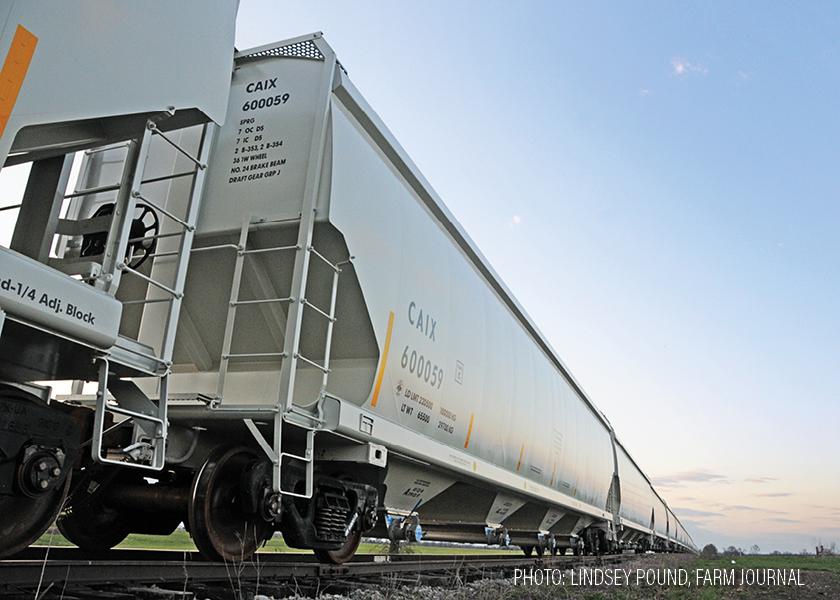Shippers Note ‘Notoriously Difficult’ Railroads During Latest Hearing

Shippers urged the U.S. railroad regulator to create more competition in the industry during hearings in which Union Pacific was called to explain a spike in service restrictions.
Shippers used the public forum to air grievances about an industry structure that they say gives railroads the power to boost prices and pad their profit even as service suffers.
Companies, including Cargill Inc. and Ag Processing Inc., pointed to reduced workforces as one of the main culprits for railcar curtailments.
Lance Fritz, the chief executive officer of Union Pacific, said service has suffered because the railroad didn’t have enough train crews at the beginning of the year and has hired 1,400 train and yard workers to address the problem. As service deteriorated, customers added railcars to the network to move goods. That exacerbated the congestion and forced the railroad to use embargoes to clear out railcars from switching yards and tracks, Fritz said.
“Excess freight-car inventory disrupts the alignment of our network resources,” he said. “It requires us to use more crews and more locomotives to handle the same amount of business, and it produces congestion on our lines of road and in our terminals.”
More on rail:
Rail Strike Derailed as Biden Signs Labor Bill
Rail Strike Averted Until Dec. 4, Saving U.S. $2 Billion Per Day







